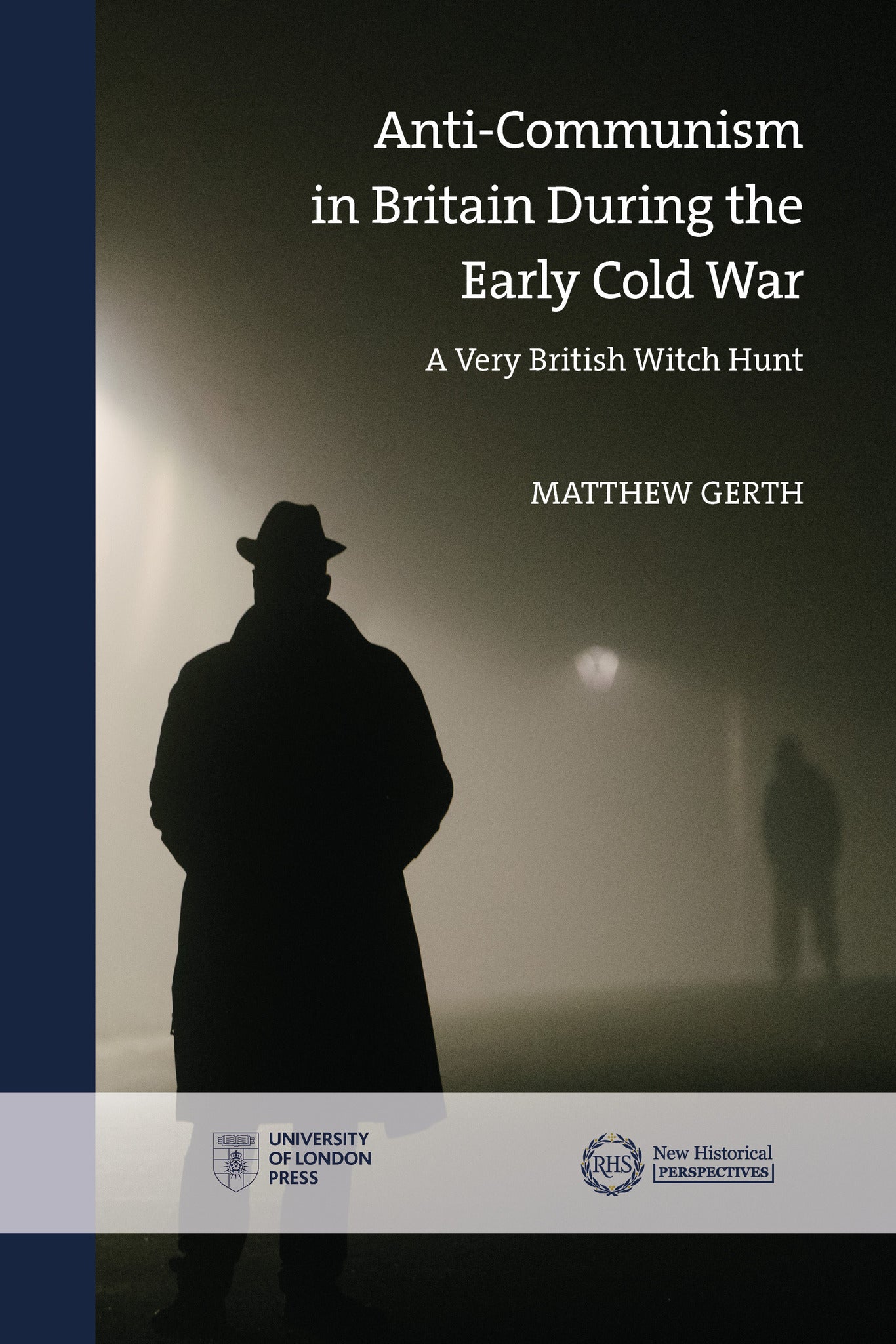We're sorry. An error has occurred
Please cancel or retry.
Anti-Communism in Britain During the Early Cold War

Some error occured while loading the Quick View. Please close the Quick View and try reloading the page.
Couldn't load pickup availability
- Format:
-
13 April 2023

The Cold War produced in many countries a form of political repression and societal paranoia which often infected governmental and civic institutions. In the West, the driving catalyst for the phenomenon was anti-communism. While much has been written on the post-war American red scare commonly known as McCarthyism, the domestic British response to the ‘red menace’ during the early Cold War has until now received little attention. Anti-Communism in Britain During the Early Cold War is the first book to examine how British Cold War anti-communism transpired and manifested as McCarthyism raged across the Atlantic.
Drawing from a wealth of archival material, this book demonstrates that while policymakers and politicians in Britain sought to differentiate their anti-communist initiatives from the ‘witch hunt hysteria’ occurring in the United States, they were often keen to conduct – albeit less publicly – their own hunts as well. Through analysing how domestic anti-communism exhibited itself in state policies, political rhetoric, party politics and the trade union movement, it argues that an overreaction to the communist threat occurred. In striking detail, this book describes a nation at war with a specific political ideology and its willingness to use a variety of measures to disrupt or eradicate its influence.

HISTORY / Europe / Great Britain / 20th Century, Social and cultural history, POLITICAL SCIENCE / Intelligence & Espionage, Cold wars and proxy conflicts

Matthew Gerth leads us into the murky world of anti-communism, revealing how the politics of fear often exposed more about the accuser than the accused. His research, built on extensive archival work, challenges the idea that Britain retained a sense of moderation compared to the U.S., uncovering language, plans, and scenarios that show repressive contingencies and hyperbole were very much part of the story. A persuasive and holistic account that adds depth to our understanding of post-war politics.
Matthew Worley, University of Reading, UK
Introduction
1. British McCarthyism
2. Labour
3. Conservative
4. Pressure Groups
5. Trade Union Movement
Conclusion



